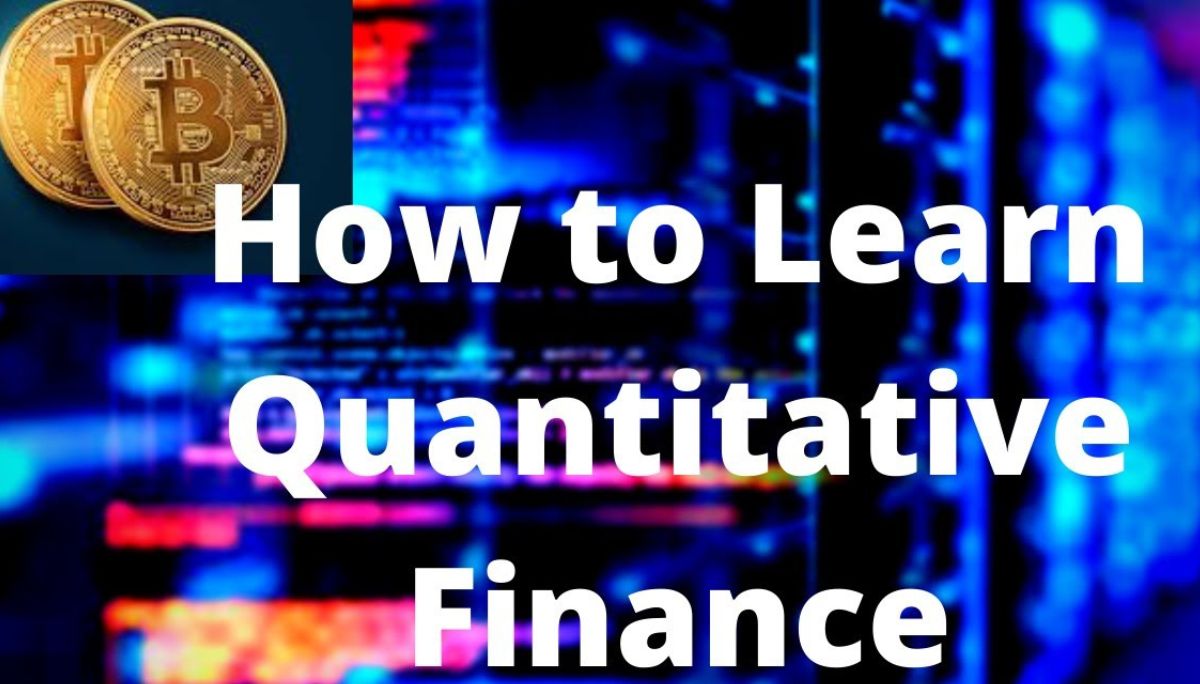Essential Books for Beginners on Finance and Wall Street, Your Gateway to Financial Literacy – Dive Into Expert Insights
Learning about finance and Wall Street can be daunting, especially for beginners. However, with the right resources, such as books, you can gain valuable insights and knowledge to navigate the complex world of finance with confidence. In this article, we’ll explore some of the top recommended books for beginners to kickstart their financial education journey.

Table of Contents
Navigating the world of finance and Wall Street can be daunting, especially for those just starting their journey. With countless books available, it’s essential to find reliable and engaging resources that can simplify complex concepts and provide a solid foundation. Whether you’re an aspiring investor, a business student, or simply curious about financial markets, these recommended books will serve as invaluable companions in your quest to understand the intricate world of finance.
“A Random Walk Down Wall Street” by Burton G. Malkiel
First published in 1973, “A Random Walk Down Wall Street” is a classic introduction to the world of finance and investing. Burton G. Malkiel, a renowned economist and former dean of the Yale School of Management, offers a comprehensive yet accessible guide to understanding the stock market, portfolio management, and investment strategies.
Through clear explanations and real-world examples, Malkiel demystifies complex financial concepts and challenges traditional investment beliefs. He introduces the efficient market hypothesis, which suggests that stock prices reflect all available information, making it difficult to consistently outperform the market through analysis and stock-picking.
This book is a must-read for beginners seeking a solid foundation in investment principles, market behavior, and the importance of diversification. It’s a testament to the enduring relevance of Malkiel’s insights, as the book is now in its 12th edition, updated to reflect the ever-changing financial landscape.
“The Intelligent Investor” by Benjamin Graham
Often hailed as the “bible” of value investing, “The Intelligent Investor” by Benjamin Graham has been a guiding light for generations of investors since its initial publication in 1949. Graham, widely regarded as the father of value investing, shares his timeless wisdom and principles for making sound investment decisions.
This book is a comprehensive guide that covers topics such as portfolio management, risk analysis, and identifying undervalued stocks. Graham’s emphasis on fundamental analysis, patience, and a margin of safety has influenced countless successful investors, including Warren Buffett, who credits this book as the foundation of his investing philosophy.
Despite its age, “The Intelligent Investor” remains a relevant and invaluable resource for beginners seeking to understand the core principles of value investing and develop a disciplined, long-term approach to investing in the stock market.
“Rich Dad Poor Dad” by Robert Kiyosaki
“Rich Dad Poor Dad” by Robert Kiyosaki is a personal finance classic that has inspired millions of readers worldwide. Through an engaging narrative, Kiyosaki shares the contrasting perspectives of his two fathers – his biological father, who followed a traditional path of employment, and his “rich dad,” a successful entrepreneur and investor.
This book challenges conventional thinking about money, wealth, and financial education. Kiyosaki encourages readers to develop an entrepreneurial mindset, build assets, and understand the power of financial literacy. He introduces concepts such as passive income, leveraging assets, and the importance of financial intelligence in achieving true wealth.
While some of Kiyosaki’s strategies may be controversial, “Rich Dad Poor Dad” offers a fresh perspective on personal finance and encourages readers to think critically about their financial decisions. It’s an excellent starting point for beginners seeking motivation and a new way of thinking about money and wealth creation.
“One Up On Wall Street” by Peter Lynch
Peter Lynch, one of the most successful fund managers in history, shares his investing wisdom and strategies in “One Up On Wall Street.” Lynch’s book is a fantastic resource for beginners looking to understand the basics of stock investing and develop a practical approach to identifying potential winners.
Through engaging anecdotes and real-life examples, Lynch demystifies the stock market and encourages investors to rely on their own research and observations. He introduces the concept of “investing in what you know,” focusing on companies and industries that are familiar and understandable.
Lynch’s writing style is accessible and often humorous, making complex financial concepts easier to grasp. This book is a must-read for beginners seeking to develop a well-rounded understanding of stock investing and learn from one of the most successful investors of our time.
“The Little Book of Common Sense Investing” by John C. Bogle
Written by John C. Bogle, the founder of Vanguard Group and a pioneer of index investing, “The Little Book of Common Sense Investing” is a concise and straightforward guide to building wealth through simple, low-cost investment strategies.
Bogle advocates for a passive investing approach, emphasizing the benefits of index funds and the futility of trying to consistently beat the market through active trading and stock-picking. He explains the importance of diversification, minimizing costs, and maintaining a long-term perspective.
Despite its slim size, this book packs a powerful punch, distilling decades of investing wisdom into an easy-to-understand and practical guide. It’s an excellent resource for beginners looking to build a solid foundation in investing principles and avoid the pitfalls of excessive trading and high fees.
To further illustrate the relevance of these books, a survey by CreditDonkey revealed that “The Intelligent Investor” and “A Random Walk Down Wall Street” are among the top recommended finance books by financial advisors and experts.
Frequently Asked Questions: Books for Beginners on Finance and Wall Street
Q: What is the best book for a complete beginner in finance?
A: For a complete beginner, “Rich Dad Poor Dad” by Robert Kiyosaki is an excellent starting point. It provides a accessible introduction to personal finance concepts and encourages readers to develop a mindset focused on building wealth and financial literacy.
Q: Which book is best for learning about stock investing?
A: “One Up On Wall Street” by Peter Lynch and “The Intelligent Investor” by Benjamin Graham are highly recommended for beginners interested in learning about stock investing. These books offer practical strategies, real-life examples, and timeless principles for successful investing in the stock market.
Q: Are these books suitable for non-finance professionals?
A: Absolutely! These books are written in a clear and engaging manner, making them accessible to readers from all backgrounds. They provide a solid foundation in finance and investing principles, making them valuable resources for anyone seeking to improve their financial literacy and decision-making abilities.
Q: Can beginners understand complex financial concepts through these books?
A: Yes, one of the strengths of these recommended books is their ability to break down complex financial concepts into easy-to-understand language and real-world examples. The authors make an effort to explain technical terms and theories in a way that is approachable for beginners.
Q: What are the best books for beginners in finance?
A: The best books for beginners in finance are often those that provide clear explanations of fundamental concepts and offer practical advice that can be applied in real-life situations.
Q: How can reading books improve financial literacy?
A: Reading books on finance can improve financial literacy by increasing your understanding of key concepts, introducing you to different investment strategies, and helping you develop sound financial habits.
Q: Where can I find these books?
A: These books are widely available and can be found in bookstores, libraries, and online retailers such as Amazon and Barnes & Noble.
Q: Is it necessary to read all these books to become financially literate?
A: While reading all of these books can provide a comprehensive understanding of finance and investing, it is not strictly necessary. Each book offers its unique perspective and focus, so beginners can start with the one that aligns best with their current interests or goals and gradually explore the others as their knowledge grows.
Embarking on the journey of financial literacy can be daunting, but these recommended books serve as reliable and engaging guides. Whether you’re just starting to explore the world of finance or seeking to deepen your understanding, these resources offer invaluable insights, practical strategies, and timeless wisdom to help you navigate the complexities of Wall Street and achieve your financial goals.






